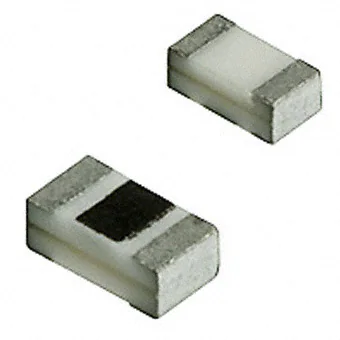Release Date: 01-10, 2024

Capacitors are electronic components that store electrical energy in an electric field. They play a vital role in countless electronic devices, enabling them to perform various functions efficiently. Capacitors come in a wide variety of types, each designed with specific characteristics to suit different applications and electrical systems.
Ceramic capacitors are the most common type and widely used in many electronic applications due to their small size, low cost, and excellent stability. They are composed of a ceramic material as the dielectric, sandwiched between two metal plates. Ceramic capacitors are suitable for high-frequency applications and provide stable capacitance values over a wide temperature range.
Electrolytic capacitors are known for their high capacitance values, making them ideal for applications that require large energy storage. They use an electrolyte as the dielectric, which can be either liquid or solid. Electrolytic capacitors have polarity, meaning they must be connected with the correct voltage orientation to avoid damage. These capacitors are commonly used in power supplies and audio systems.
Film capacitors are known for their excellent stability, precision, and reliability. They are constructed using a thin plastic film as the dielectric, with metal electrodes applied on both sides. Film capacitors are available in different variations, such as polyester, polypropylene, and polycarbonate capacitors. They are widely used in electronic circuits that require precise timing, filtering, and signal coupling.
Tantalum capacitors are compact yet offer excellent capacitance per volume. They are commonly used in devices where size and performance are crucial factors, such as smartphones and laptops. Tantalum capacitors use a solid tantalum pentoxide layer as the dielectric, providing high capacitance values in a small package size. These capacitors are polarized and require careful handling to prevent short circuiting.
Supercapacitors, also known as ultracapacitors, are energy storage devices with exceptionally high capacitance values. They can store and release energy rapidly, making them suitable for applications that require quick bursts of power. Supercapacitors are commonly used in hybrid vehicles, renewable energy systems, and backup power solutions. However, they have relatively low energy density compared to batteries.
The applications of capacitors span across a broad range of industries and technologies. Here are a few notable examples:
Capacitors play a crucial role in energy storage applications, such as electric vehicles, renewable energy systems, and uninterruptible power supplies. They assist in smoothing out voltage variations, providing a stable power supply, and enabling efficient energy transfer.
Capacitors are integral components in electronic circuits, serving purposes such as voltage coupling, signal filtering, and impedance matching. They also help regulate power supply voltages and provide energy storage during high demand periods.
Capacitors are employed in motor starter circuits to provide an initial high current for the motor's startup. They also help improve power factor by compensating for lagging reactive power, resulting in improved energy efficiency in electrical systems.
Capacitors are commonly used in timing circuits, oscillators, and frequency generation circuits. They determine the oscillation frequency and control the timing of various operations in electronic devices.
Capacitors are crucial in audio and speaker systems for signal coupling, impedance matching, and filtering out unwanted frequencies. They help improve sound quality and prevent damage to speakers from direct current.
In conclusion, capacitors are versatile components that find extensive use in various electronic applications. Understanding the diverse types of capacitors and their specific applications enables engineers and designers to make informed choices, resulting in optimal system performance and efficiency.